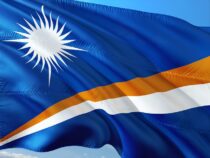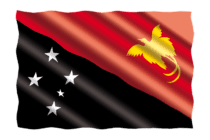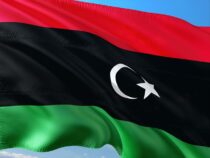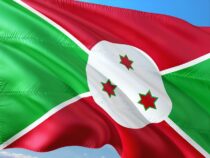What can students expect when they decide to study in the Marshall Islands? What about the academic abilities or potential work study and internship options that are readily available? We will cover all of these aspects and show international students what can be used to gain a higher education and a better understanding about studying in the Marshall Islands. Below we will show universities, work study/internship options, living options and monthly budget.
Main languages will also be covered in this article about what language is the main spoken in that country but also the best one for students to learn before or after arriving. Most countries have language classes ready that are free to international students.
Universities in the Marshall Islands:
- College of the Marshall Islands
There is the potential for at least one permanently closed university, so students should double check when they are looking for universities in the Marshall Islands to attend.
This is not a complete list of all of the available public and private universities that are located in the Marshall Islands.
Annual Tuition Cost in the Marshall Islands
What can students expect from paying an annual tuition cost to continue their studies in the Marshall Islands? What students can expect is a student’s union fee which will need to be paid in full. At this time, this is the only college fee that is needed to be paid in full. There are no other fees mentioned. This complete amount is a rounded total.
With a university, they will range around $1750.00 USD per year if the student is an undergraduate to master’s level. $130 USD goes towards credit over 18. However, international students will pay around $1860.00 USD per academic year. An audit is non-refundable and costs $75 USD. All students should look at the programs to see when they will gradually rise in cost because their Master’s programs do cost slightly more than that of bachelor or undergraduate programs around the world.
Living Costs in the Country – Monthly Budget
What can students expect when it comes to figuring out a monthly budget when they are living and staying in the Marshall Islands. For a single student they can expect to pay around $203 USD to the maximum of $600 USD for students to live comfortably. The $203 USD is without rent, rent would be added to a total of $600 USD. while living comfortably in the Marshall Islands. Students will see that import products can fluctuate in price throughout the seasons.
The cost can definitely fluctuate throughout the course of the student’s stay, solely based on economic issues. Which means food and utilities do tend to rise occasionally but the Marshall Islands is still 61% less expensive than the United States.
The total listed above is the total a student would need to pay per month while they are living in the Marshall Islands.
Main Languages Spoken in the Marshall Islands
What is the main language in the Marshall Islands, are there multiple languages? The main language in the Marshall Islands is Marshallese. However, there was another language that is commonly used throughout the country, is English. Although Marshallese, is recognized as the national language in the Marshall Islands. So, it would be expected that international students should learn some basic levels of Marshallese.






